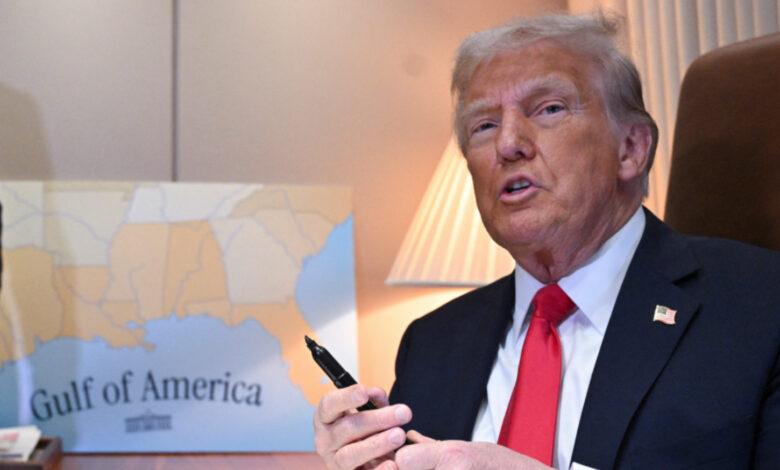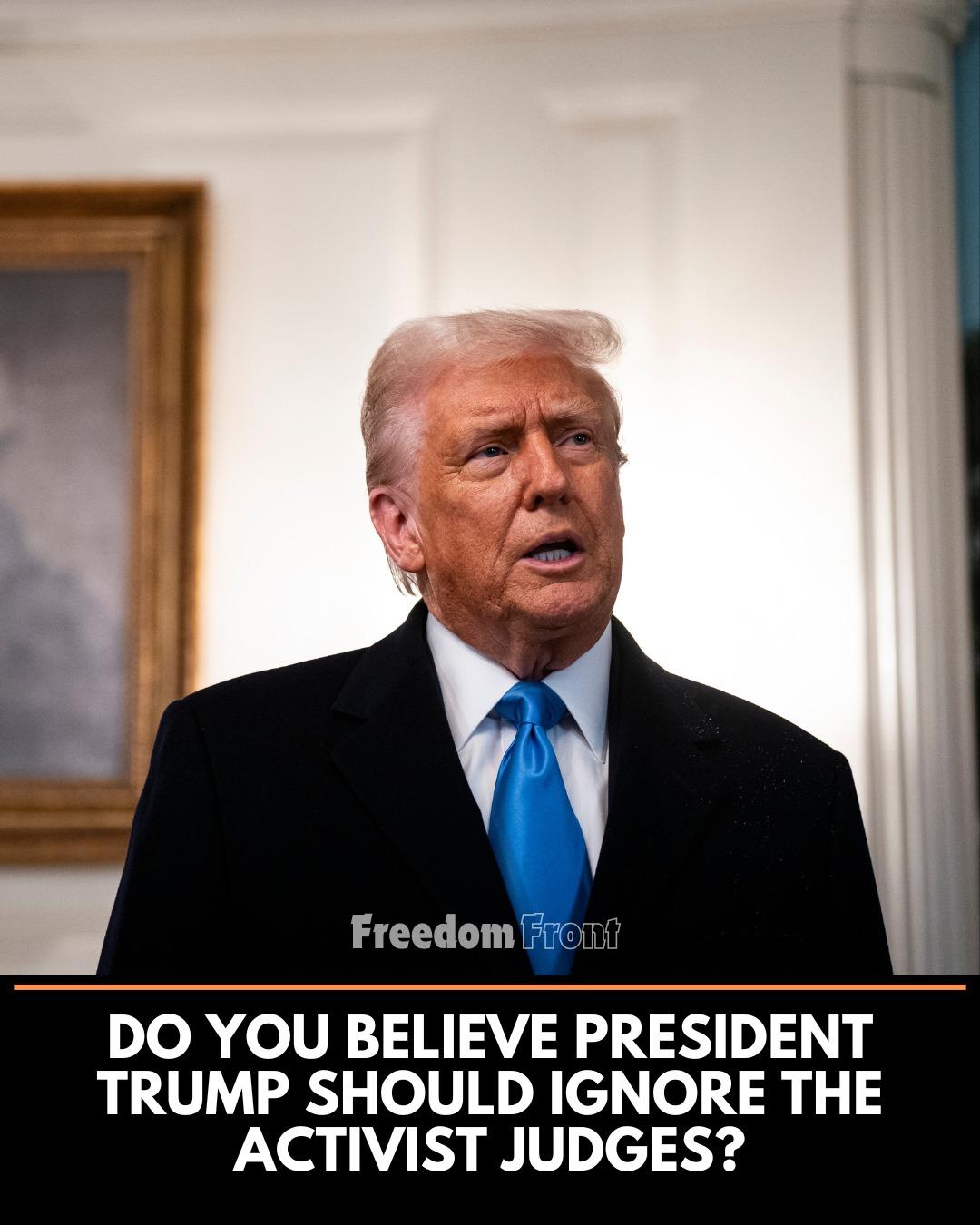In recent years, the tension between the executive branch and the judiciary has intensified, often drawing public attention and fierce political debate. A growing number of Americans, particularly supporters of former President Donald Trump, have questioned whether the courts—especially federal judges deemed to be “activist”—should wield such influence over the decisions of an elected president. The question now being asked more explicitly is whether President Trump, should he return to office, ought to ignore what his supporters call “activist judges.”

This sentiment gained momentum during Trump’s first term, as federal courts frequently blocked or delayed major initiatives, from immigration restrictions to environmental rollbacks and COVID-era executive actions. Each legal challenge was met with passionate responses, with Trump at times accusing the judiciary of overreach and partisanship. He often used the phrase “activist judges” to describe those who, in his view, made rulings based on political beliefs rather than a strict interpretation of the Constitution.
Supporters argue that these judges, often appointed during Democratic administrations, do not merely interpret the law but legislate from the bench. To them, judicial interference is an affront to democratic governance, where elected officials are expected to carry out the will of the people. From their perspective, ignoring such judges is not about defying the law but reclaiming executive authority from an unelected and increasingly ideological judiciary.
However, this approach is fraught with legal, constitutional, and political dangers. The United States government is built on a system of checks and balances, where the judiciary plays a critical role in reviewing and, when necessary, restraining the actions of the executive and legislative branches. Ignoring judicial rulings would violate that structure and could provoke a constitutional crisis. If a president disregards a court order, it undermines the rule of law—a foundational principle of the American republic.
Yet some of Trump’s backers maintain that the courts have already crossed that line. They cite instances where federal judges issued nationwide injunctions based on lawsuits from a single state or interest group, thereby halting policies supported by millions of voters. These critics argue that such rulings elevate judicial opinion above electoral will. They believe a president has not just the right but the duty to resist judicial activism, especially when it conflicts with national priorities or public safety.
In Trump’s rhetoric, this position has become more pronounced. He has frequently criticized judges who ruled against him, sometimes calling them biased or even corrupt. During his administration, he faced pushback from the judiciary on several key issues: his travel ban, efforts to dismantle the DACA program, and various COVID-related mandates. Each legal loss was framed as sabotage by liberal judges trying to thwart his agenda. As the 2024 election season heated up, and with Trump once again the presumptive Republican nominee, the debate around judicial authority and executive defiance has returned to the spotlight.
Constitutional scholars and legal experts are largely united in warning against ignoring court orders. They argue that doing so would set a dangerous precedent. If one president can dismiss a judge’s ruling, so too could another, leading to an erosion of legal norms and public trust in the justice system. Moreover, they caution that no president is above the law—a standard reaffirmed repeatedly in Supreme Court decisions throughout U.S. history.
On the other hand, a vocal minority contends that the judiciary itself must be held accountable. They call for reforms, such as term limits for federal judges, curbing the power of district courts to issue nationwide injunctions, or even constitutional amendments to limit judicial review. Some believe that presidential defiance could serve as a necessary check on judicial power, especially if it sparks broader debate or leads to legal reforms.
This conversation is not new in American politics. Presidents from Andrew Jackson to Franklin D. Roosevelt have clashed with the courts. Jackson famously ignored a Supreme Court decision regarding Native American lands, while FDR attempted to expand the number of justices in order to secure favorable rulings for New Deal programs. These moments in history demonstrate the ongoing tension between democratic mandate and judicial oversight.

The question of whether Trump should ignore activist judges ultimately touches on larger issues: the balance of power, the integrity of American institutions, and the durability of the rule of law. While frustration with the courts may be justified in some cases, bypassing them entirely risks dismantling the very framework that ensures liberty and accountability.
If Donald Trump does return to the presidency, he will likely continue to challenge the judiciary, both in rhetoric and in practice. Whether that includes openly ignoring court orders remains to be seen. But one thing is certain: how the nation responds to that possibility will say as much about the future of American democracy as it does about Trump himself.





